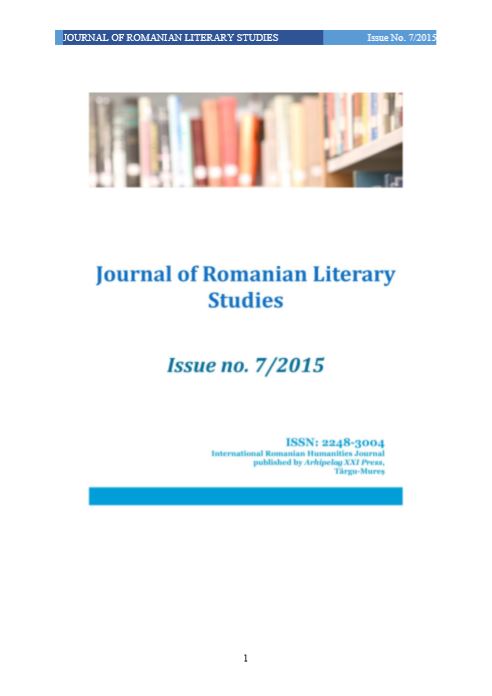LE DROIT PRETORIEN - L’ÉVOLUTION DE L’ECQUILIBRE DE LA PARADYGME STATIQUE – DINAMIQUE DANS LA PENSÉE JURIDIQUE ROMAINE
LE DROIT PRETORIEN - L’ÉVOLUTION DE L’ECQUILIBRE DE LA PARADYGME STATIQUE – DINAMIQUE DANS LA PENSÉE JURIDIQUE ROMAINE
Author(s): Ionela CuciureanuSubject(s): Language and Literature Studies, Literary Texts
Published by: Editura Arhipelag XXI
Keywords: praetor; edict; strictum ius; ius civile; dynamic; evolution; innovation; interdicta etc
Summary/Abstract: The paper analyses an essential question: How would have the Roman juridical belief looked and how would have the modern law systems developed without the institution of the praetor and its innovations? Which was, practically, the influence of the praetor on the developement of the law? In fact, without him, what Romans proudly used to name „summum iusŗ would have probably become „summa iniuriaŗ, the old law of a society too developed for its principles of an old-fashioned conservatorism, of an inequitable strictness. Principles as ŗneminem laedere ŗ, ŗsuum cuique tribuere ŗ, ŗibi sit poena ubi noxa estŗ, would have become without any meaning and real value, suffocated by the fatalistic rigor of an absolute and immutable ius civile. The evolution of social relations, the development of trade, of contracts, of the juridical status of the person, would have been stopped in their embryonic phases, because the patterns inside which they should have fitted were far too tight. But the praetorřs activity Ŕ that through his edicts, became from a viva vox iuris civilis a viva vox aequitatis (using stipulationes, interdicta, missiones in possessionem, exceptiones, beneficia) represented the continuous adaptation of the law at the needs of the society, managing, at the same time, to anticipate by his measures some steps forward that society was due to make in the future.
Journal: Journal of Romanian Literary Studies
- Issue Year: 2015
- Issue No: 07
- Page Range: 542-548
- Page Count: 7
- Language: French

